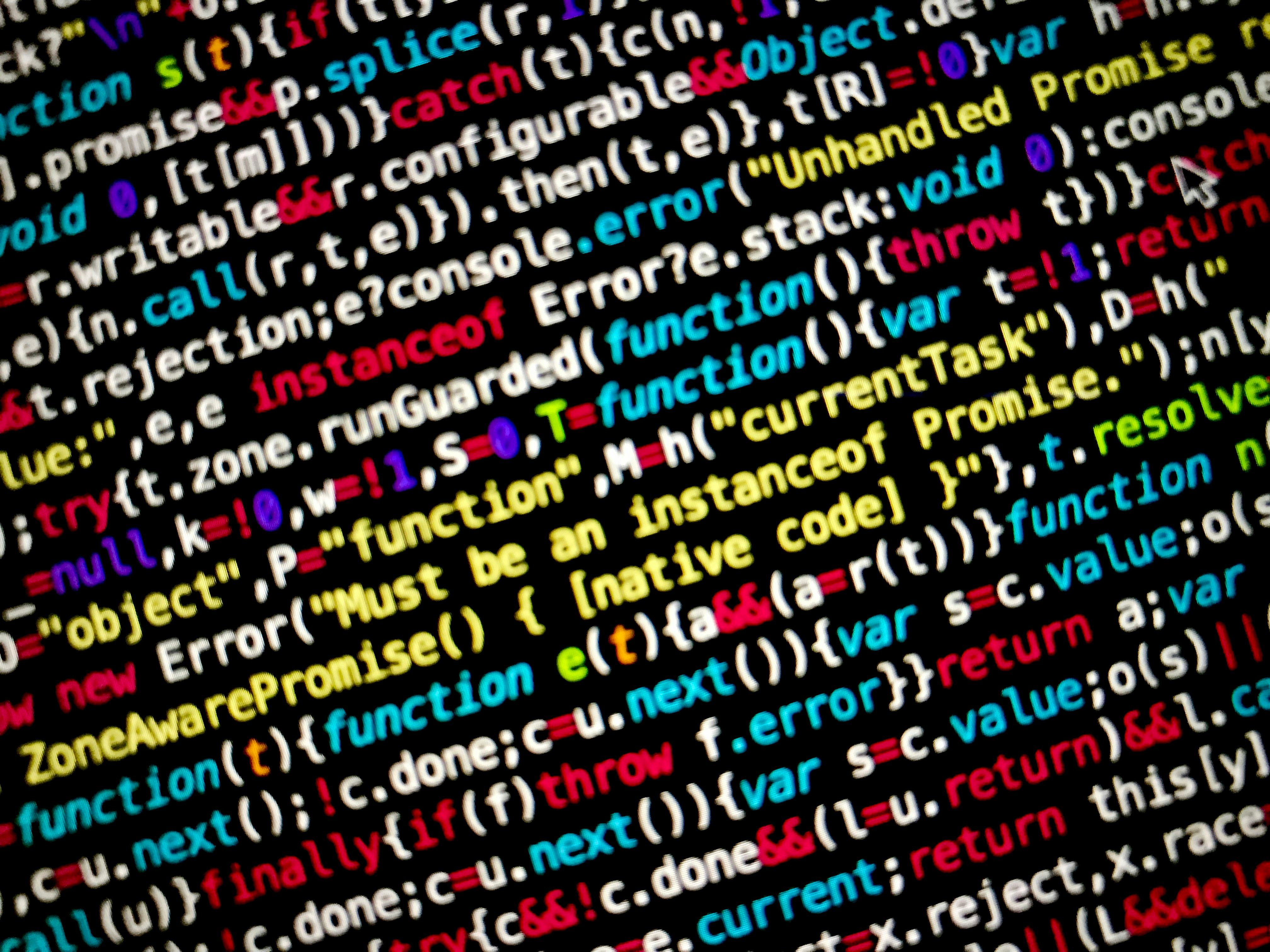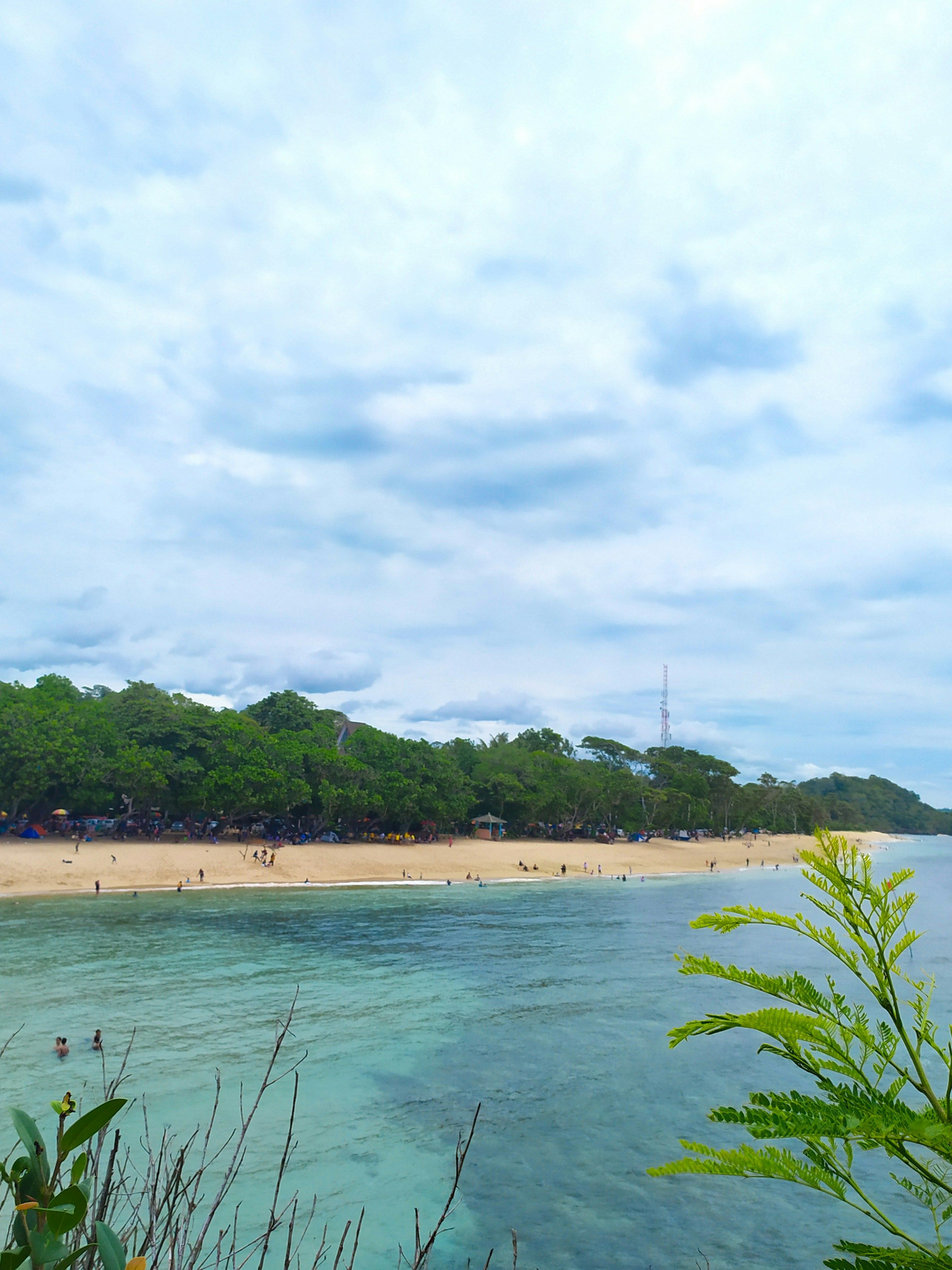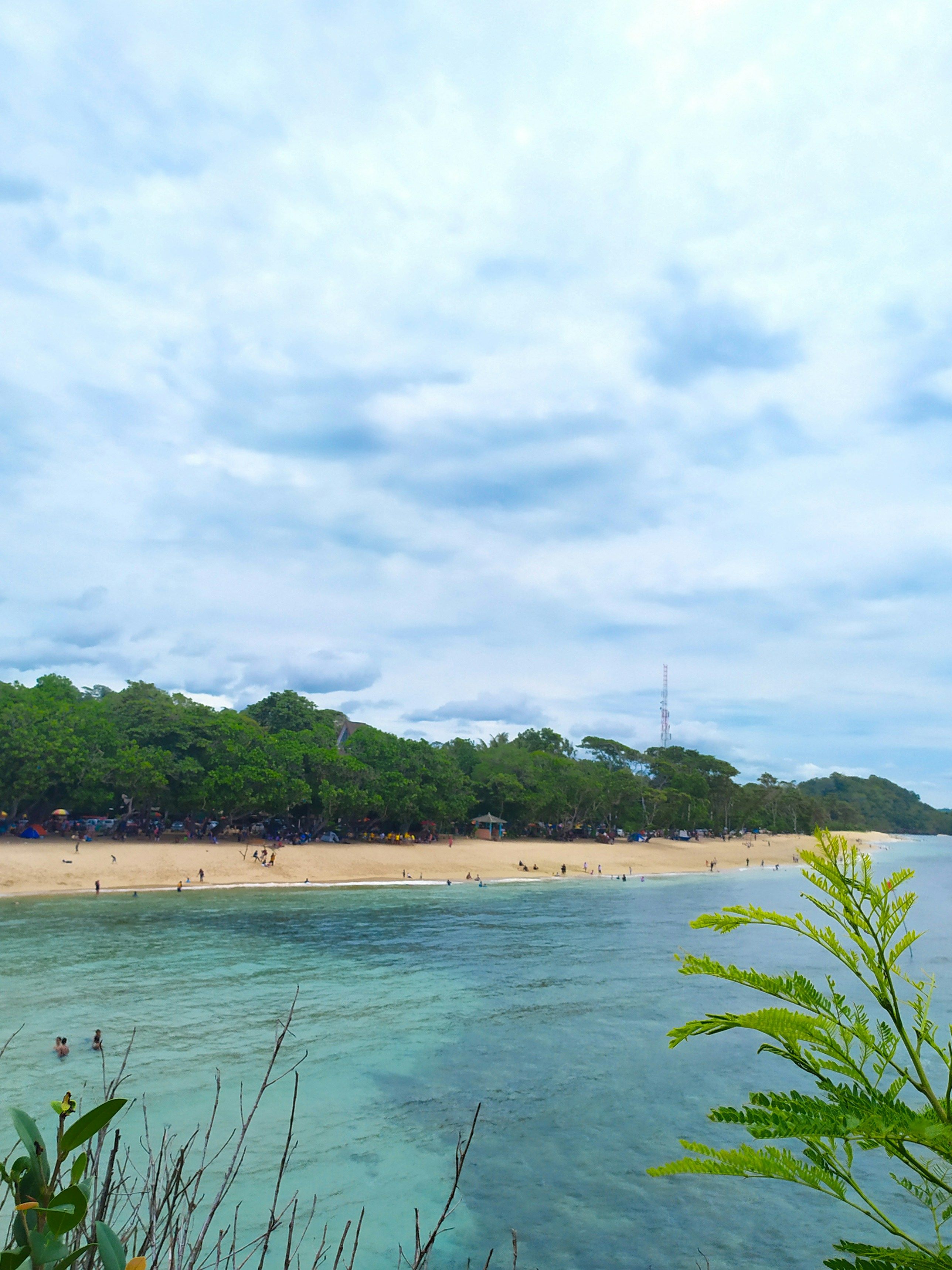Get the Power Back On: World Bank Returning to Syria after 14 Years
World Bank mulls resumption of activities within war-torn Syria
In an exciting development, the World Bank is gearing up to revive its presence in war-torn Syria, following a 14-year hiatus. This comeback is made possible by Saudi Arabia and Qatar settling Syria's dues of approximately $15.5 million (€14 million) with the World Bank this week.
According to a statement, "It's high time Syria steps towards recovery and development after a prolonged period of conflict." The World Bank lays out its intentions to kickstart the process by focusing on enhancing the electricity supply in Syria, aiming to stimulate economic activity and provide essential services for the people, such as healthcare, education, and water.
The World Bank had halted its activities in Syria at the onset of the civil war in 2011. However, with the fall of President al-Assad's regime to the HTS militia and its associates, Western nations have begun to rebuild their ties with Damascus.
Lending further to this momentum, U.S. President Trump declared the lifting of U.S. sanctions on Syria on Tuesday. The U.S. Treasury Department believes that this move will aid Syria in rejuvenating its economy, financial sector, and infrastructure, eventually paving the way for a prosperous Syrian future.
Needless to say, this development comes amidst a flurry of activity geared towards stabilizing and rebuilding Syria, with the United Nations (UN) Special Envoy for Syria and other officials emphasizing the need for economic recovery as crucial for attaining political stability and a successful transition in Syria. Furthermore, the International Monetary Fund (IMF) has signaled its intention to aid Syria in rebuilding its institutions and support its economic recovery as part of a broader reconstruction and reintegration effort.
With estimates putting Syria's total conflict losses at a staggering $923 billion and reconstruction costs ranging between $250 billion and $500 billion, the World Bank's re-entry presents a promising opportunity to confront this enormous challenge. The restoration of essential infrastructure like electricity is the first step in setting the stage for broader economic recovery.
Lastly, this move by Saudi Arabia and Qatar signifies a growing regional engagement in Syria's economic future, potentially solidifying relations between Syria and Gulf states and integrating it more fully into regional economic frameworks.
In summary, the World Bank's return to Syria marks a significant step forward in the country's struggle for recovery and development. With a focus on rebuilding critical infrastructure, easing sanctions, and coordinating with international institutions, the stage is set for a more stable and prosperous Syria in the future. [1][2][3][4]
[1] The World Bank. (2021). The World Bank in Syria. Retrieved from https://www.worldbank.org/en/country/syria
[2] Reuters. (2021). World Bank to resume operations in war-ravaged Syria after debt settlement. Retrieved from https://www.reuters.com/world/middle-east/world-bank-resume-operations-war-ravaged-syria-debt-settlement-2021-07-09/
[3] Al Jazeera. (2021). "Sanctions relief, reconstruction and regional engagements: What Syria's debt settlement means." Retrieved from https://www.aljazeera.com/economy/2021/7/9/sanctions-relief-reconstruction-and-regional-engagements-what-syrias-debt-settlement-means
[4] Arab News. (2021). Saudi Arabia and Qatar help unlock World Bank support for Syria. Retrieved from https://www.arabnews.com/node/1865091/middle-east
The World Bank, in its community and employment policies, aims to stimulate Syria's economic activity by focusing on rebuilding essential infrastructure, such as electricity, which will provide essential services like healthcare, education, and water. This move is also supported by the UN, IMF, and the business sector, as financial recovery is crucial for political stability and a successful transition in Syria.
The resolution of Syria's debt with the World Bank by Saudi Arabia and Qatar marks a significant milestone in Syria's economic future, potentially fostering stronger regional relations and supporting Syria's integration into regional economic frameworks, as politics and general news continue to outline.





